Bone Grafting / Augmentation
a procedure that creates the strong, healthy bone needed to support dental implants and restore your oral health
The Role of Bone Augmentation for Implants
A strong and healthy jawbone is essential for the success of dental implants. However, many individuals experience bone loss due to missing teeth, injury, or other health issues, which can make it challenging to support an implant.
Why Sahire Dent?
Our skilled team at Saphire Dent consists of expert dentist doctors who use advanced techniques and meticulous planning for every procedure. As leading dentists in Jumeirah, we are committed to providing safe, effective, and comfortable care, and we offer the best dental implants in Dubai.

A Closer Look at Bone Augmentation

- Bone grafting is a process where we add a specialized bone material to areas of your jaw that are deficient.
- This material, which can come from various sources including your own body, a donor, or a synthetic option, is carefully placed to encourage natural bone regeneration.
- Over time, your body integrates this material, rebuilding the necessary bone height and width.
- This critical step is what makes it possible to securely place dental implants, ensuring their long-term stability and success.
Why You Might Need a Bone Graft
Bone loss can occur for several reasons, and understanding the cause is the first step toward a successful treatment plan. A bone graft is often the right solution if you have experienced
Tooth Extraction
- When a tooth is removed and not immediately replaced, the jawbone in that area can naturally shrink
Gum Disease
- Advanced gum disease can cause the bone supporting your teeth to deteriorate.
Trauma
- Accidents or injuries can result in significant bone loss in the jaw.
Developmental Factors
- Some individuals simply have a naturally thin jawbone.
Long-Term Denture Use
- Wearing dentures for many years can accelerate bone resorption
Things to Avoid After Surgery
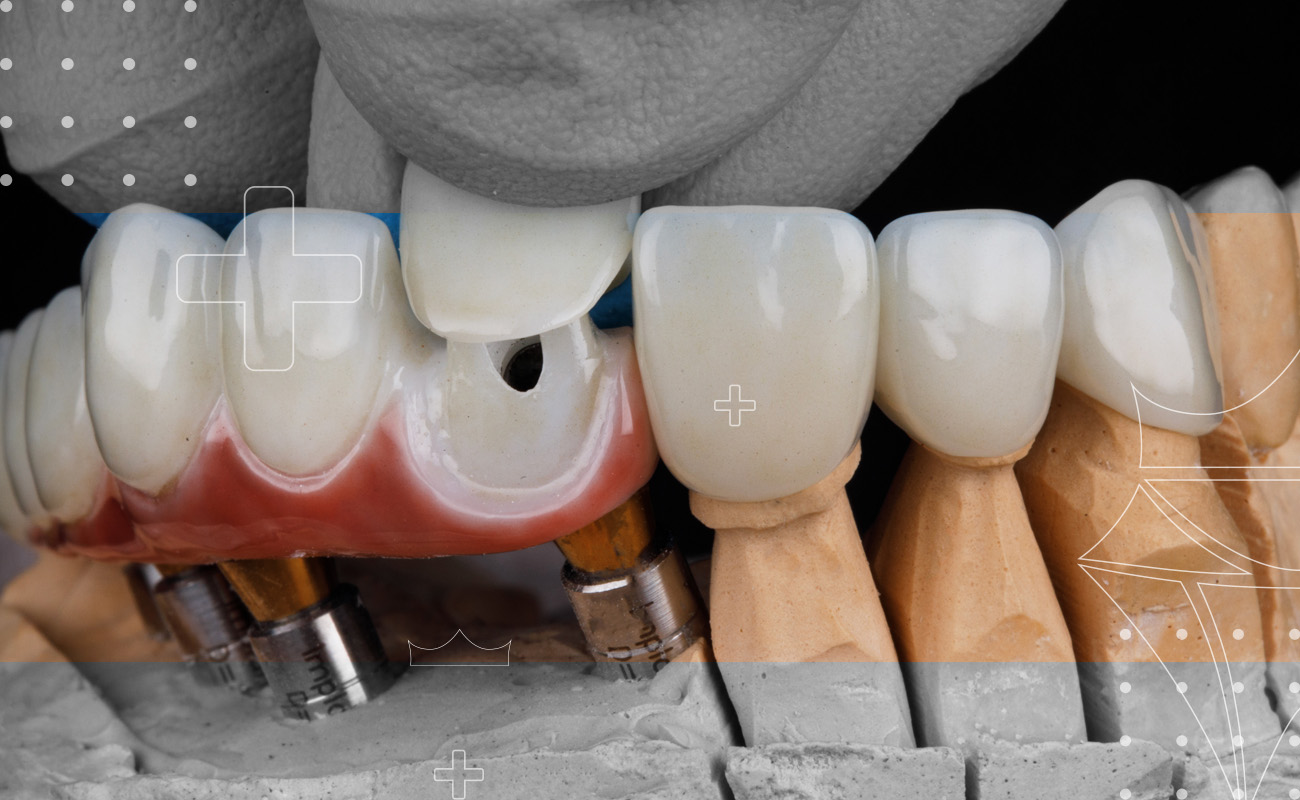
- Physical Activity : Avoid strenuous exercise for at least 48 to 72 hours following the procedure.
- Smoking : Refrain from smoking, as it can severely hinder the healing process.
- Harmful Mouth Habits : Do not use a straw, spit vigorously, or rinse your mouth aggressively. You should also avoid touching the surgical site with your fingers or tongue.
Diet and Beverages
The foods and drinks you consume are important to your recovery.
Hot Drinks
- For at least two weeks after your surgery, you must avoid hot beverages like coffee and tea. The heat can cause your self-dissolving stitches to break down prematurely, which can compromise the healing of the surgical site.
Carbonation and Alcohol
- For at least 48 to 72 hours, refrain from drinking any carbonated or alcoholic beverages. The bubbles, acidity, and sugar in these drinks can irritate the surgical area and hinder the healing process.
Hard and Crunchy Foods
- Stick to a soft diet and avoid eating hard, crunchy, or chewy foods like nuts, chips, and popcorn that could damage the graft or get stuck in the area.
Extreme Temperatures and Flavors
- Avoid spicy, salty, acidic, very hot, or very cold foods, as these can cause discomfort and irritation.
Common Dental Questions
The waiting period for a dental implant after a bone graft can vary. Generally, the bone graft needs between three to six months to fully heal and integrate with your existing bone. This creates a stable foundation strong enough to support the implant. Our dentist in Jumeirah will monitor your healing progress with follow-up appointments and advanced imaging to determine the ideal time for your implant placement
To minimize swelling and promote healing, you should keep your head elevated for the first seven days after your bone grafting procedure. It's best to sleep in a recliner or with your head propped up on extra pillows on a couch or bed
Maintaining proper oral hygiene is essential for preventing infection and ensuring the success of your bone grafting procedure. You should clean your mouth very gently, starting the day after your surgery.
Rinsing: Use a warm salt water rinse or a prescribed mouthwash like Chlorhexidine. Do not rinse or spit with force, as this can dislodge the graft.
Brushing: Avoid brushing the surgical area directly for the first few days. You can carefully clean around the site, and our dental care team will provide specific instructions on when and how to begin cleaning the area. You might be advised to use a soft brush or a Q-tip initially.
For more information about your recovery or to book a consultation, please contact our dental clinic Jumeirah Dubai.


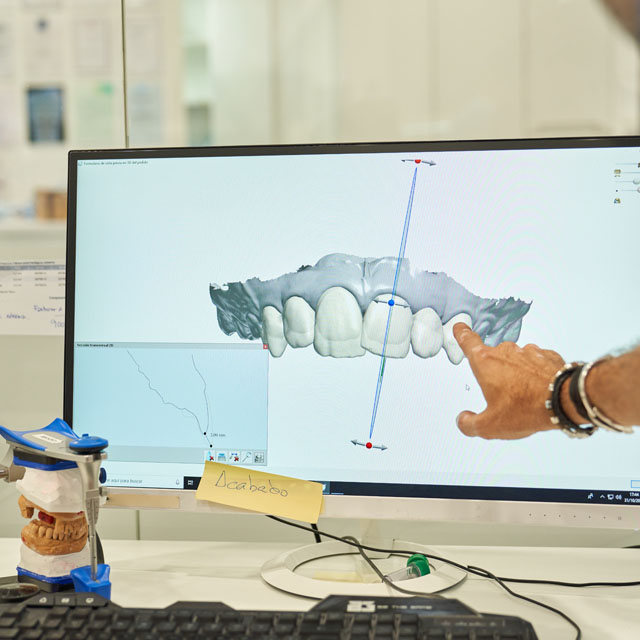

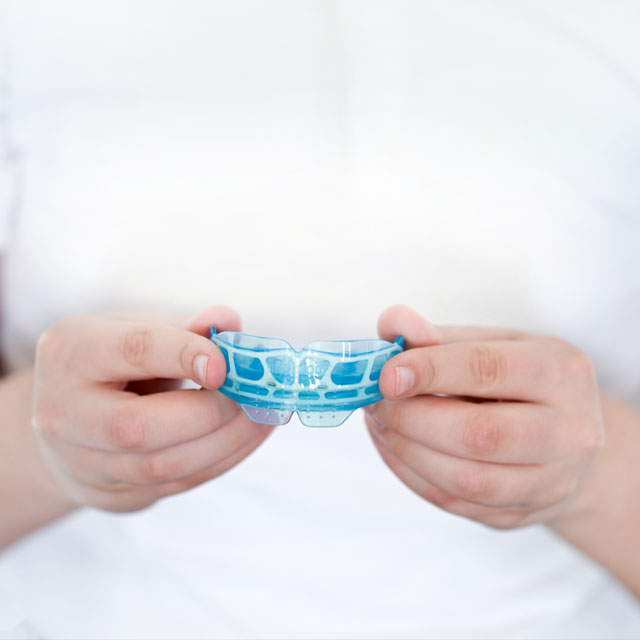
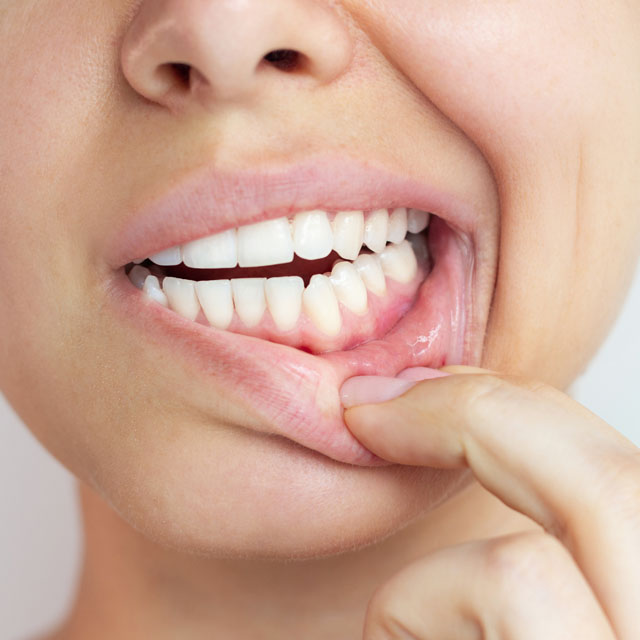
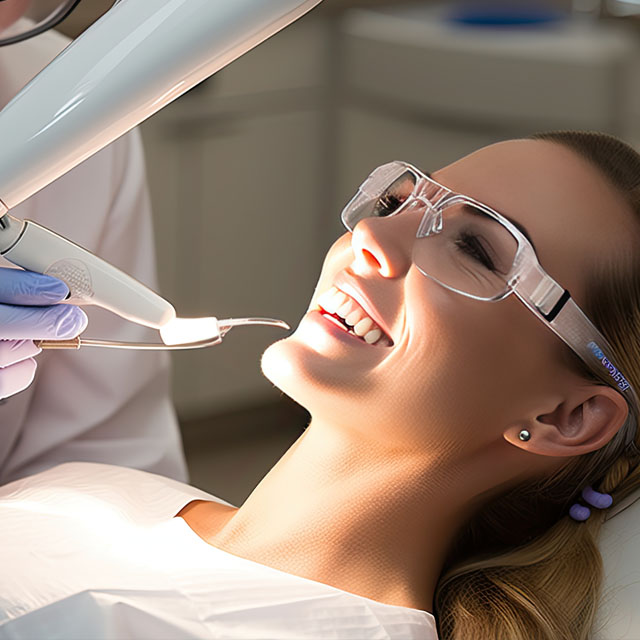
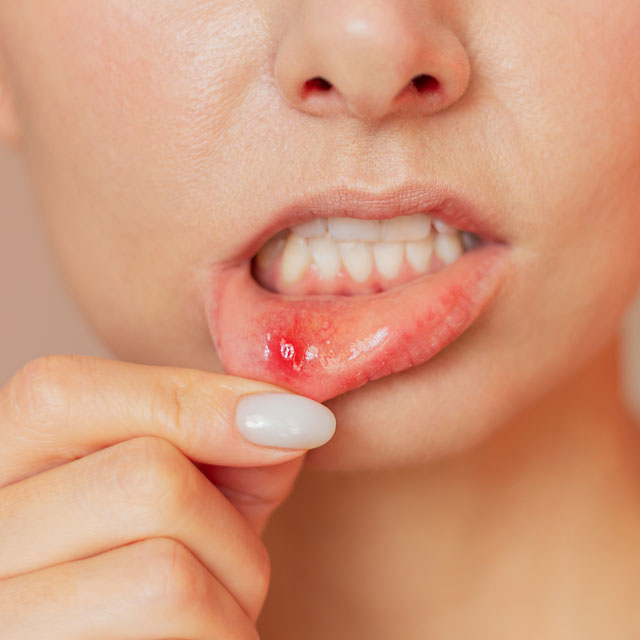

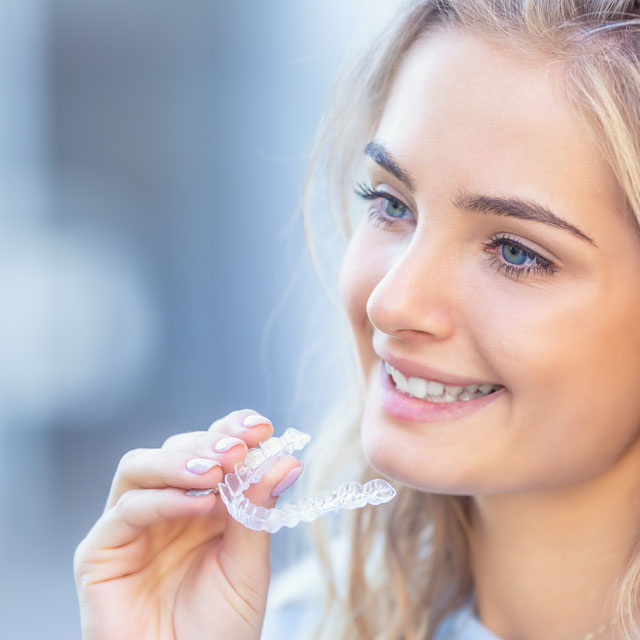
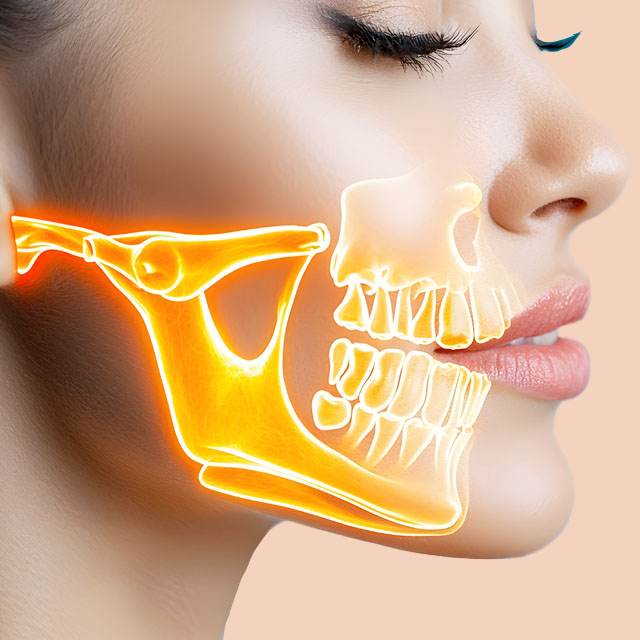
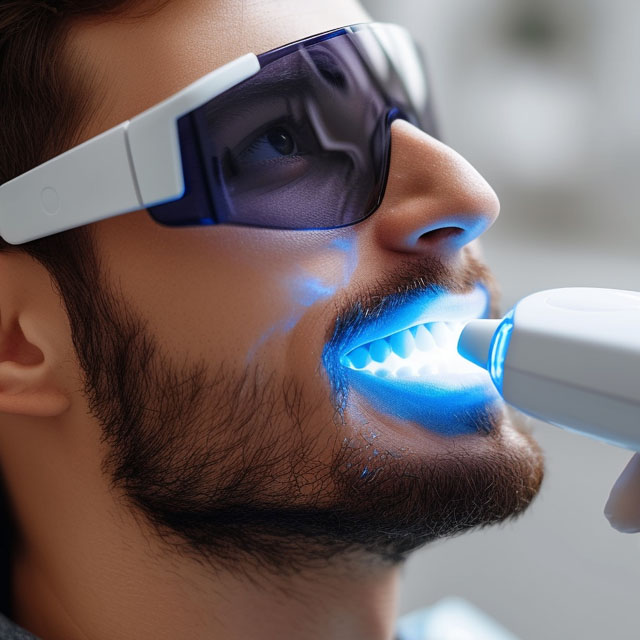
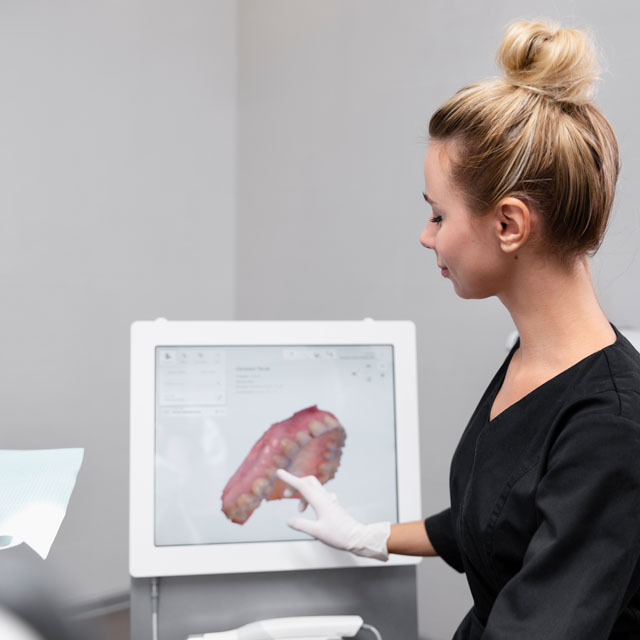
.jpg)
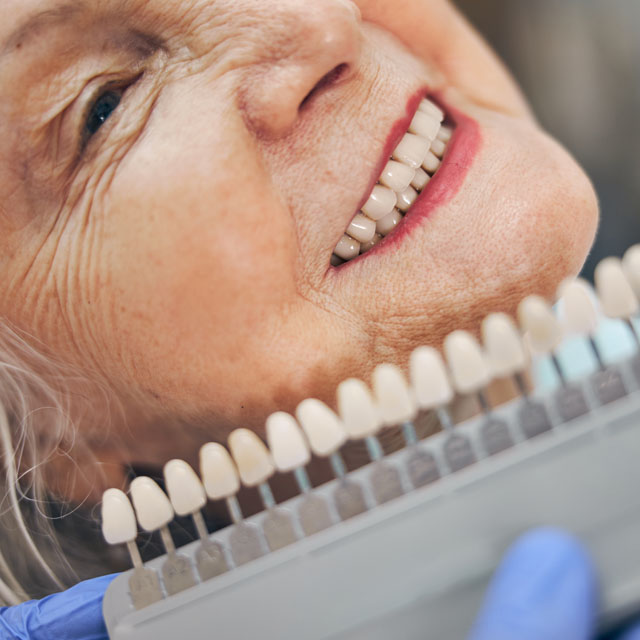
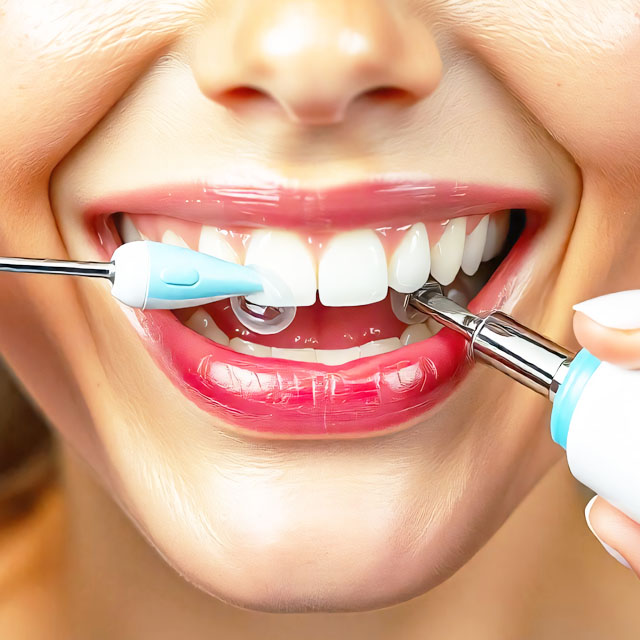
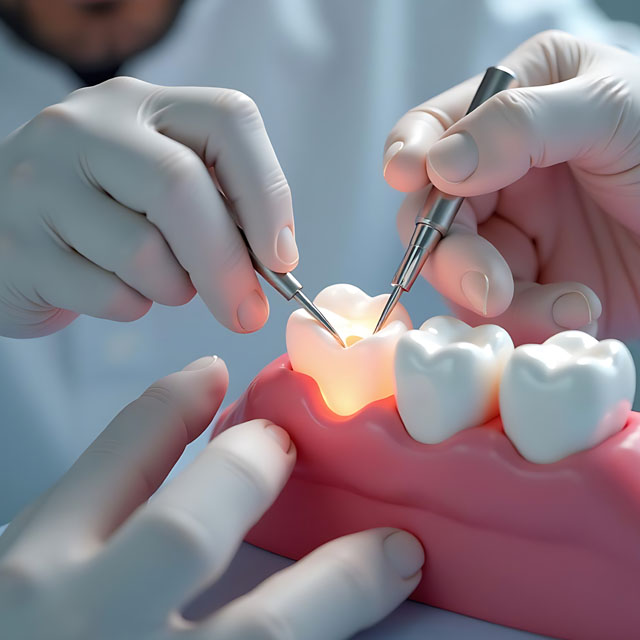
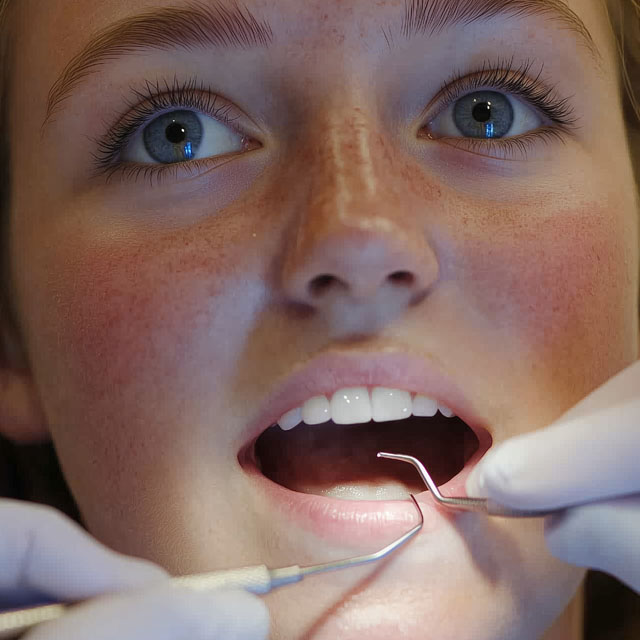



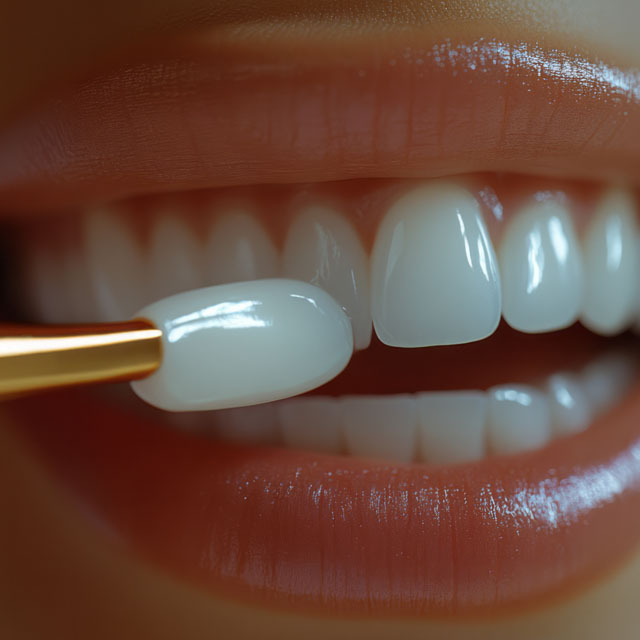


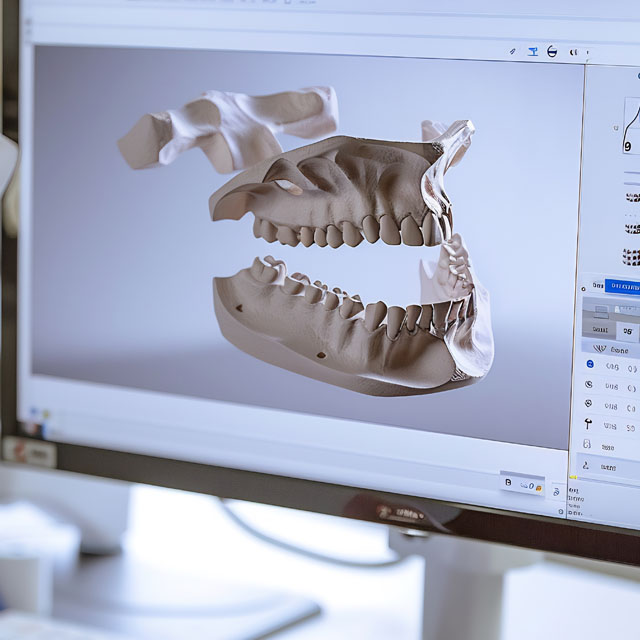
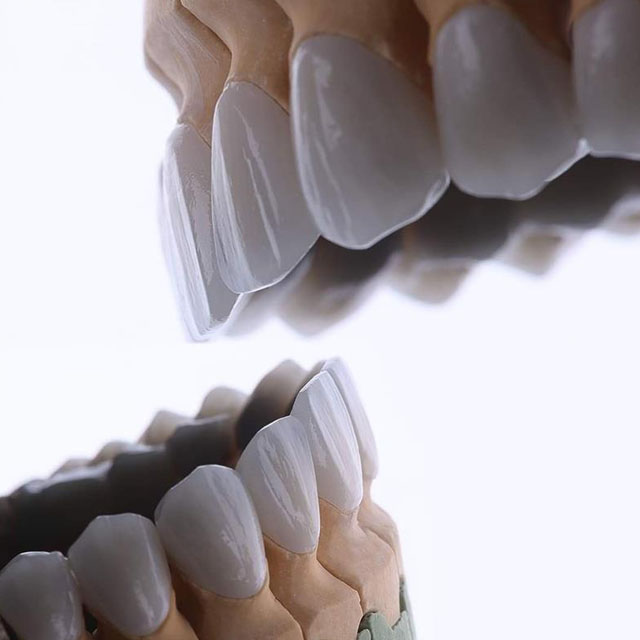

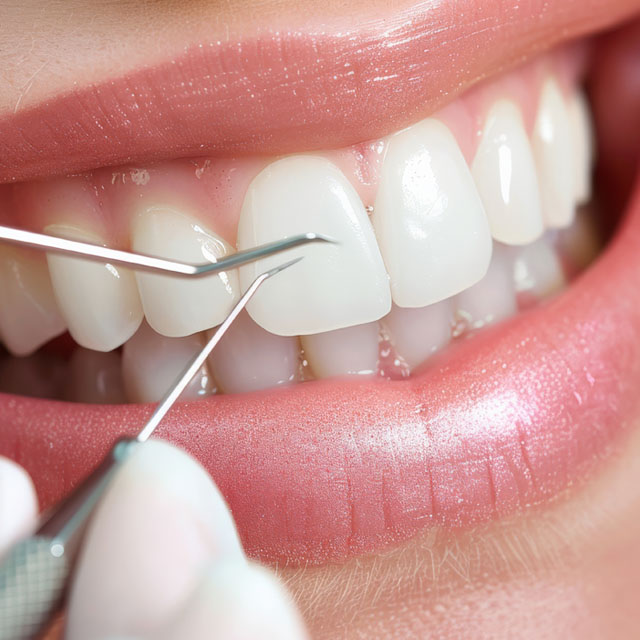
.jpg)
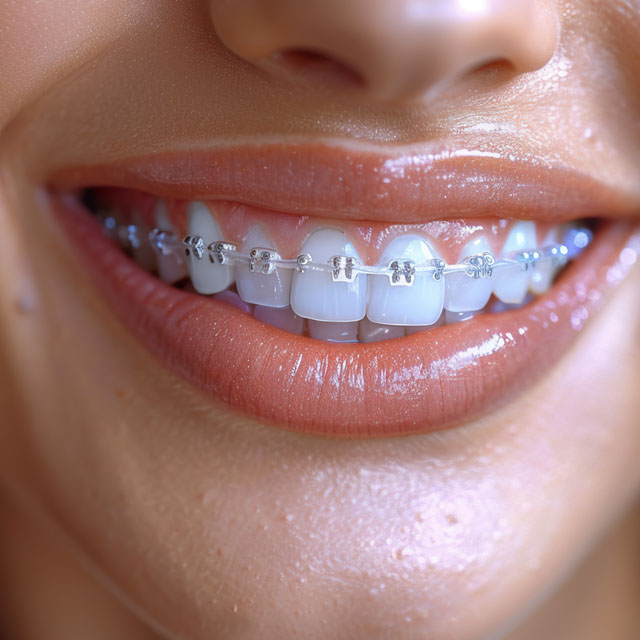



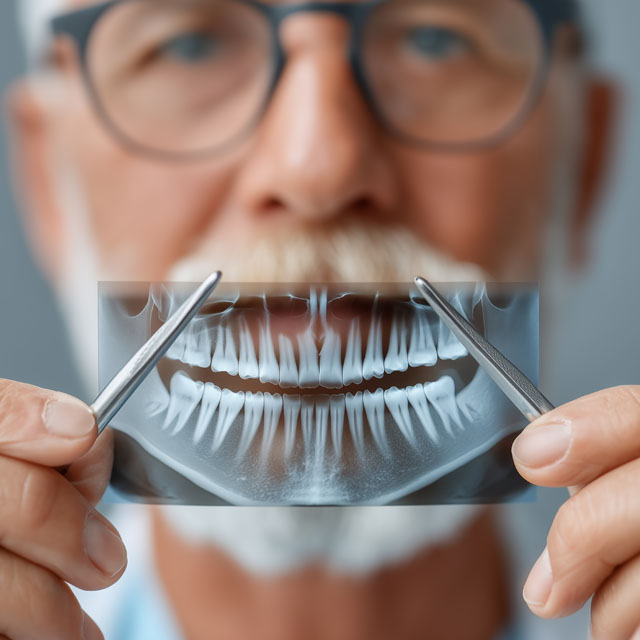

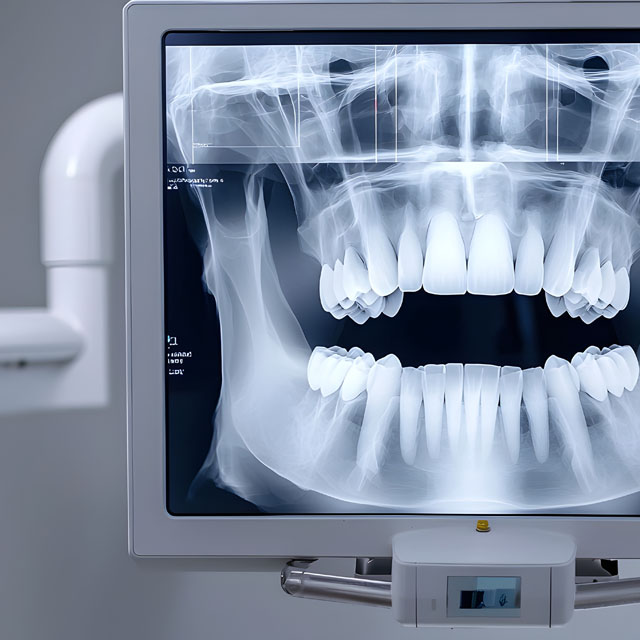

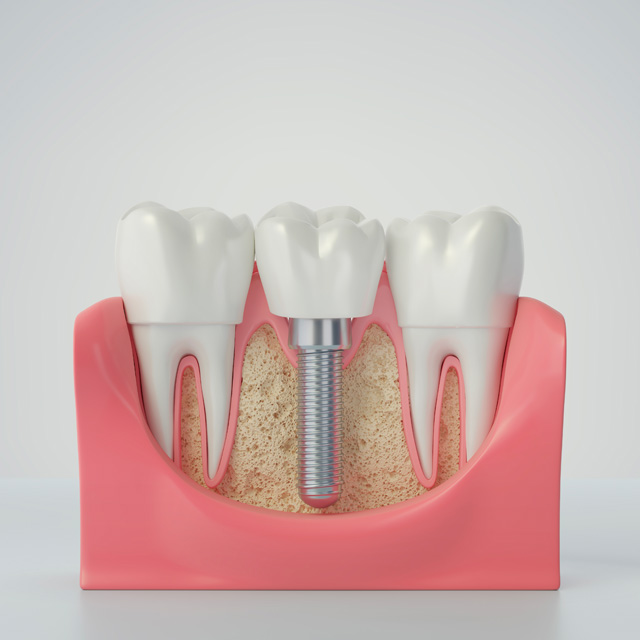
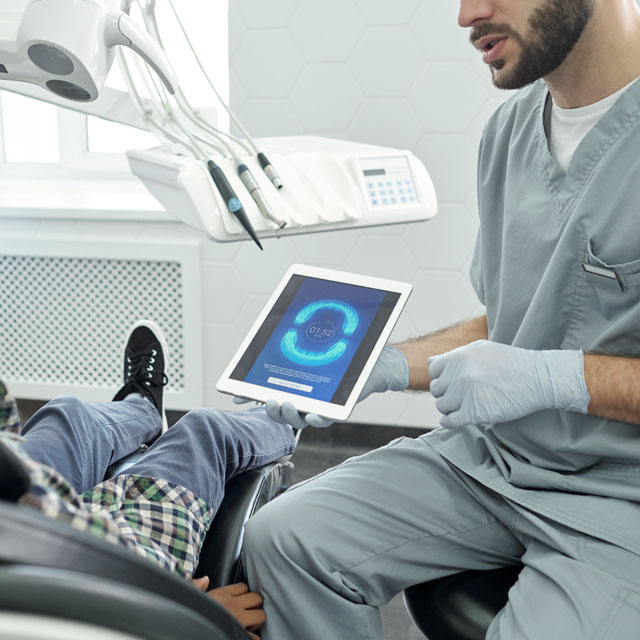
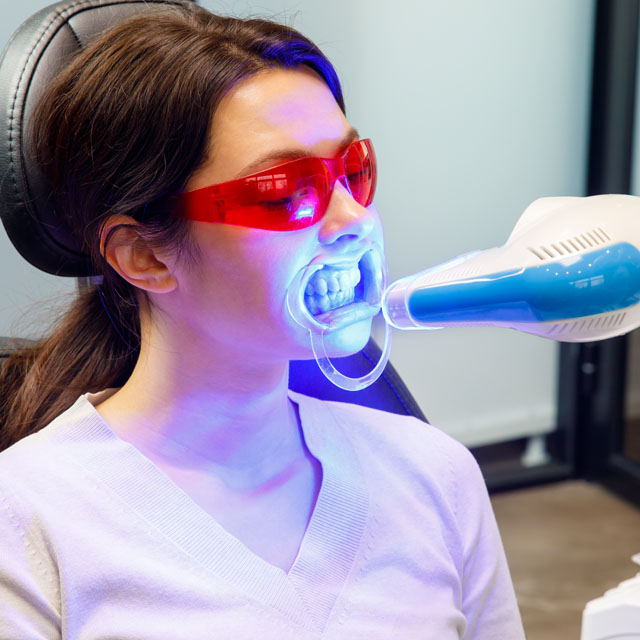
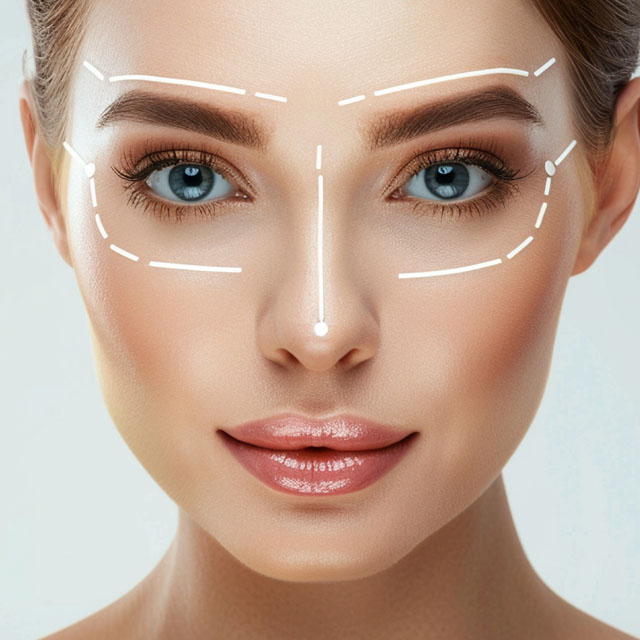
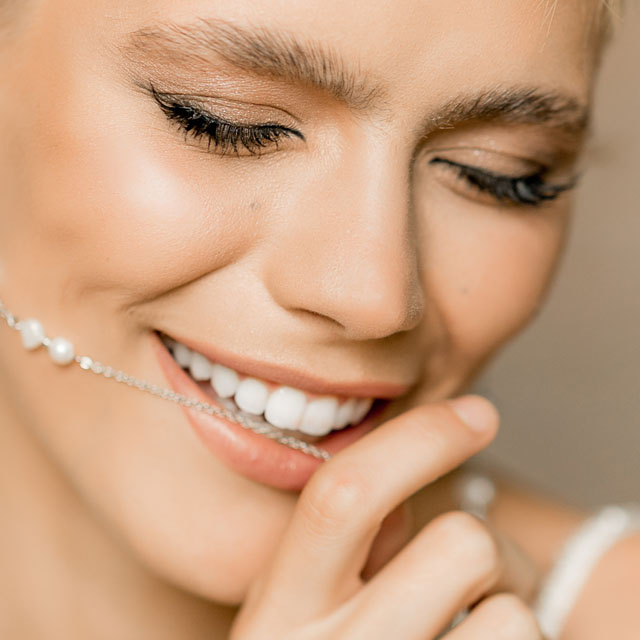
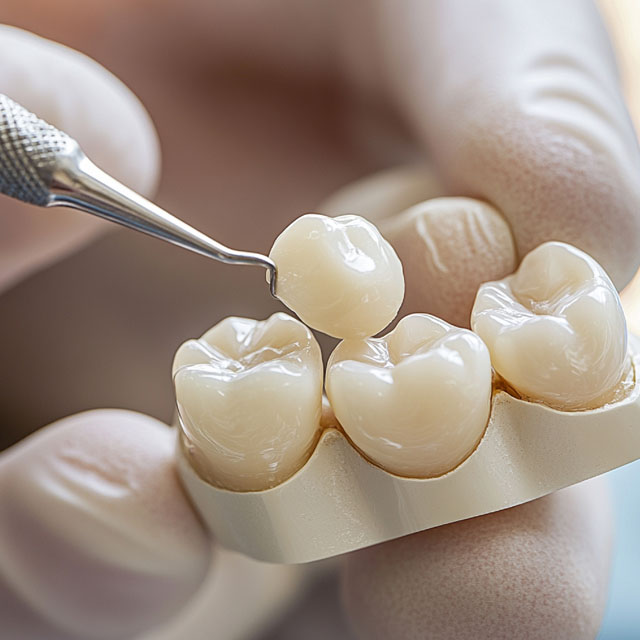

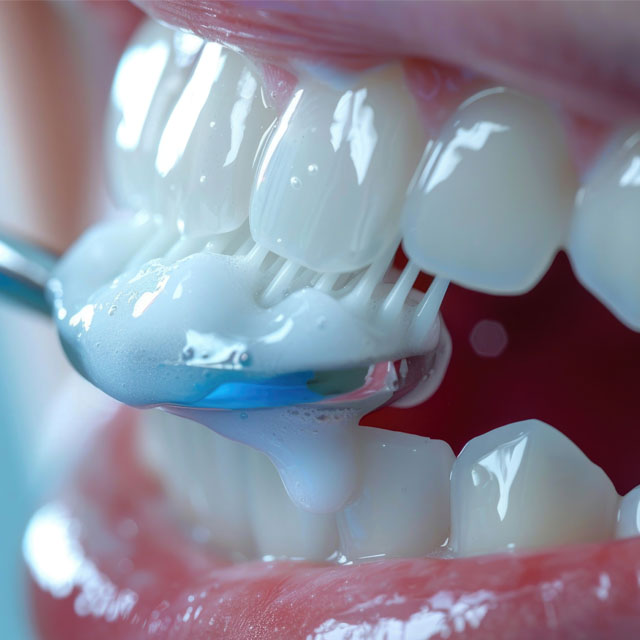
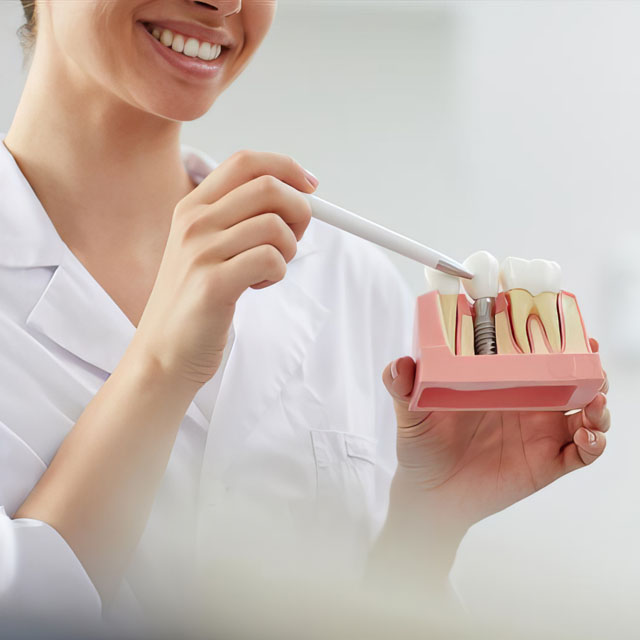

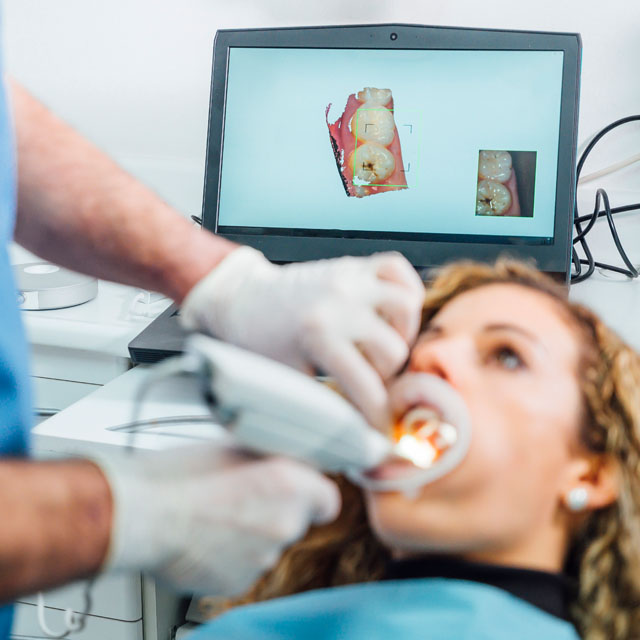
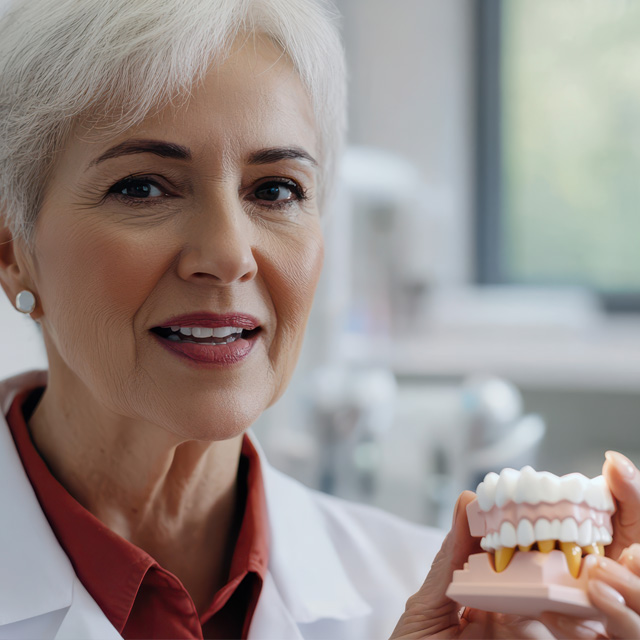

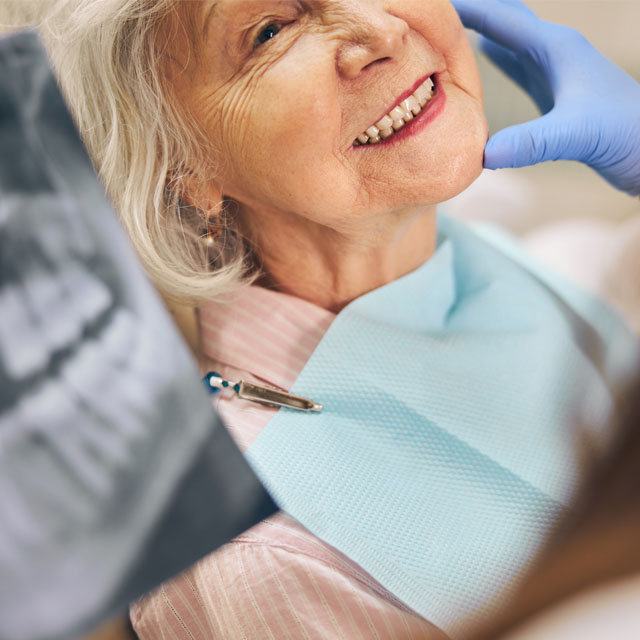
.jpg)